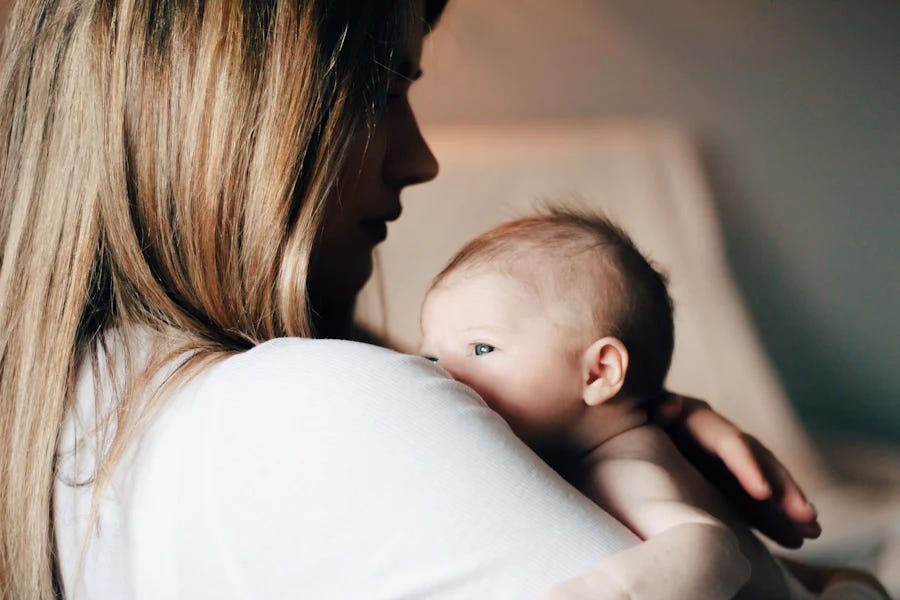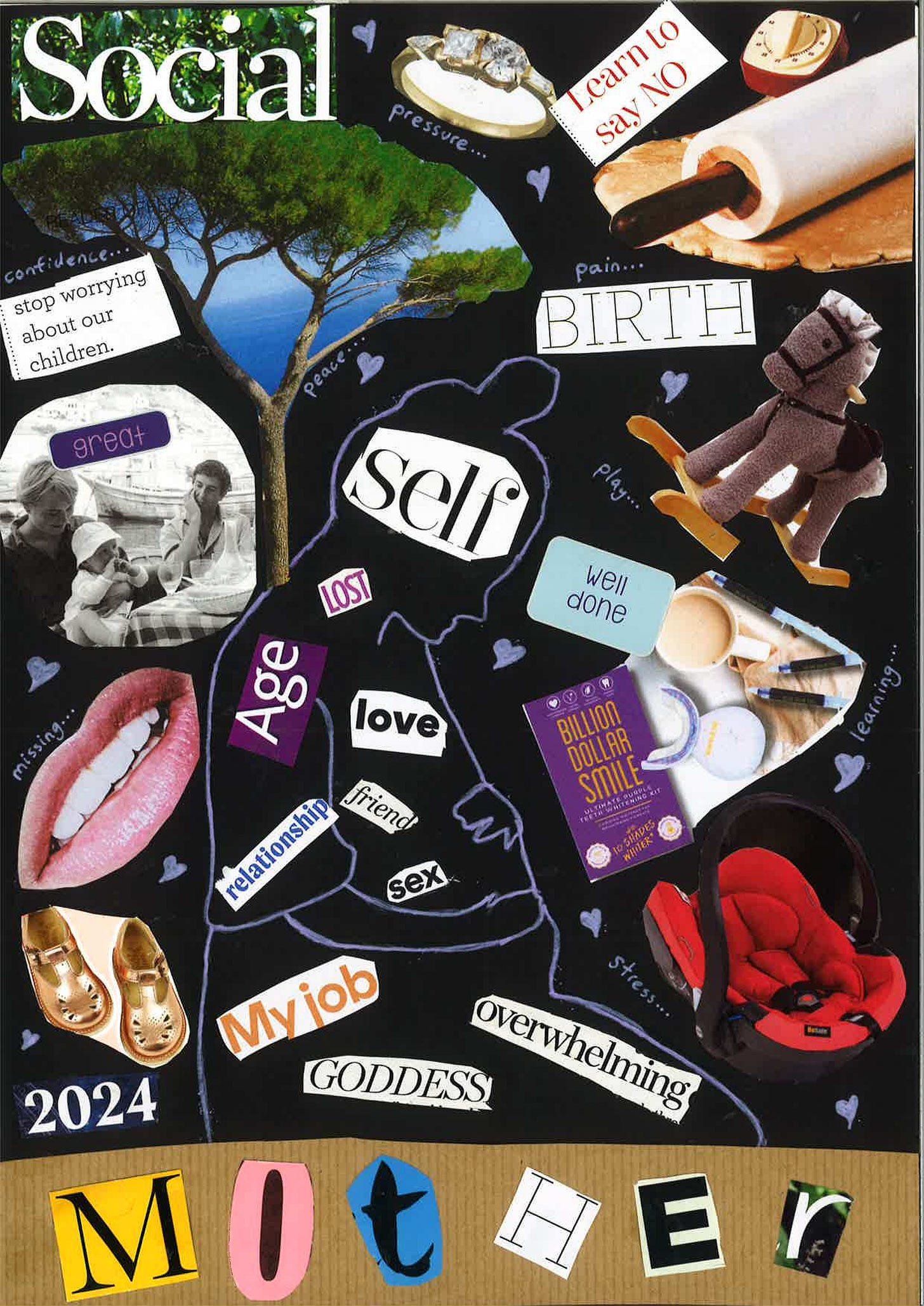Motherhood and Me: New Oxford Play Delves Into A Poignant Aspect of Being a Mum
The upcoming debut of ‘Three M’Others’, is part of a wider creative interest in the identity crisis faced by many new mums post-pandemic.
In the Oxford Brookes University drama studio, rehearsals are underway for a play which shines a very new sort of light on the realities of modern day, post-pandemic motherhood.
Written by academic Dr Antonia Mackay, Three M’Others follows the struggles of three different new mums, as they navigate mental health struggles, identity issues and social pressures during the onset of the pandemic. It’s not all joyous, it’s complicated and it’s messy, something that we don’t see a lot in creative expressions of motherhood.
The play is based on Dr Mackay’s own experiences of first time motherhood during lockdown. ‘That is the horror of motherhood’, she explains, ‘that fear of being responsible entirely for someone; it’s terrifying’. And it’s not something she alone felt; on top of the natural fears and worries of being responsible for a new little one, recent years have altered the social expectations of women, and how they identify as mothers.
According to the Institute for Fiscal Studies and the World Economic forum, the pandemic saw 23% more British mothers than fathers lose their jobs, with 75% of UK mothers having to decrease their working hours. Research shows that modern women were ‘finding themselves taking on roles that are “at odds” with their feminist identity’, as they were forced back into the home environment in a manner which blended their identities as mothers and professionals. Yet in a neoliberal society, a lot of women equally now feel the need to defend their choice to stay at home.

Professor Tina Miller is a professor of sociology, studying parenthood transitions and gendered identities; her recent work has focused on the effects of the pandemic and the current social ideas around the identities of motherhood. ‘Some of my mother’s loved lockdown,’ she reflects on her research, ‘you don’t have to try and navigate that public world with a new baby’. She contrasts this with the other experiences some women had; ‘they couldn’t wait to return to the opportunities of being back at work. So what’s emerged as well, is that when they were in lockdown, their sense of self separate to being a mother was really, really hard to hang on to. Because the motherhood elements of their identity were heightened.’
‘Once you’re a mother, once you’re out with children, or a toddler, or a pram, your whole self is really seen through the prism of motherhood… I think it’s really important that we realise that motherhood is just one aspect to a woman’s identity.’
The play centres around three women who have recently given birth during the COVID-19 lockdowns; in one scene, a mum shares her struggle of losing herself within her new role as mum. She shares her struggles on an online chat forum, where she faces bullying and judgment, as well as acceptance and support from other mums. Professor Miller describes this pressure as the striving towards the ‘normative ideal’ of ‘the good mother’. It’s an ideal that changes along with society, and Professor Miller has identified that the modern ‘good mother is not and probably isn’t someone who stays at home full time, it probably is someone who is economically active too’. Yet consistently, the good mother narrative, also described as ‘intensive mother ideology’, is one that expects mums to lose all of their identity, including their capacity for being flawed, struggling human beings, else they are deemed a ‘bad mother’.
Mum Chloe faced a similar adjustment, and the opinions of others, when her son was born; ‘it’s impacted my life quite a bit actually (obviously I’m not complaining, I love being a mum). I don’t actually get out and do stuff for myself. I feel like I get judged quite a bit sometimes on the school run as I’m only 23 and all the other mums are like nearly 40. I also get mums older than me trying to tell me how to parent my child as if I don’t know how to be a mum’.

‘Three M’Others’ is not the only piece of modern media to tackle the realities of motherhood in a modern social climate; Mahalia Belo’s 2023 survival film, ‘The End We Start From’, follows a new mother, played by Jodie Comer, navigating a climate crisis whilst trying to protect her new-born infant. ‘Soldier, Sailor’, a 2024 novel by Claire Kilroy, explores the feelings of a mother through a monologue directed towards her son. In the wake of the pandemic and the difficulties mothers faced psychologically, socially and medically, the creative industries seem to have found a new perspective and experience of motherhood to explore.
Yet despite the many complexities modern mums face on a daily basis, Chloe wouldn’t change a thing. ‘Honestly the thought of being a mum while I was pregnant was so scary; I felt like I wasn’t ready…but as soon as you hold your newborn in your arms it honestly feels like there is no one else in the room or in the world for that matter’.
‘Three M’Others’ debuts at the North Wall Theatre in Summertown, Oxford, running for two nights on Thursday 30th May, and Friday 31st May. Tickets are on sale now.
By Rowan Speakman



